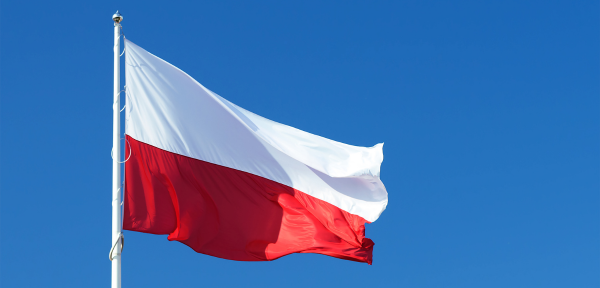PERHOUSE report on improving working conditions in Poland’s Personal and Household Services sector

Personal household services (PHS) encompass a range of activities designed to support individuals and families in their daily lives. These services are vital for improving personal independence, enabling work-life balance and increasing quality of life. As societal needs have shifted towards more flexible, community-based support services, in line with human-rights-based principles, the demand for PHS has also risen.
Over the last two years, the PERHOUSE project has aimed to enhance working conditions and service quality in the PHS sector across Central and Eastern European countries. With a focus on industrial relations, the project has addressed the rising demand for PHS due to the de-institutionalisation of support and social care. The project has sought to improve service provision by defining workplace standards, tackling undeclared work, and integrating PHS into broader industrial structures.
As part of this work, the project has launched national reports for six Eastern and Central European Countries addressing the state of play of PHS and the role of social dialogue in improving working conditions for domestic workers.
The project’s most recent report addresses the PHS sector and Social Dialogue in Poland.
Challenges to the PHS Sector in Poland
The report finds a number of key challenges for the PHS in Poland including:
- Precarious working conditions and poor job quality (income, job security, social security, working time, autonomy at work, collective interest representation);
- A large share of undeclared work;
- Low compliance with existing legislation;
- Low investment/budget for public services;
- A high number of workers operating in the shadow economy, with a significant number being foreign nationals with insecure residency statuses, further complicating their legal and employment rights;
- The low level of unionisation (due to the dispersion of workers, the nature of the activities and the significant share of workers with insecure residency status);
- Care drain/the need for professionalisation
In particular, the report highlights that there is no effective social dialogue on PHS in Poland, despite the presence of the Social Dialogue Council. As a result, the sector remains largely unregulated and invisible to major social actors, leading to unresolved issues at the national level.
Social Dialogue and Collective Bargaining
Despite the presence of national structures like the Social Dialogue Council (RDS), PHS issues remain unaddressed. Collective bargaining in Poland exists primarily at company levels, with limited impact on the PHS sector due to the absence of strong worker representation.
PERHOUSE Recommendations
Alongside highlighting the state of play of PHS in Poland, the PERHOUSE project has provided several recommendations to improve working conditions and social dialogue in the country. These recommendations have been summarised in a Policy Briefing; In particular, the report and briefing recommend:
- Creating an integrated long-term care system.
- Simplifying employment regularisation procedures allowing for contractualisation that takes into account the specificities of the services and registration for social security.
- Promoting formal employment and improving social protection including transitioning domestic workers from the undeclared economy and providing them with access to fair working conditions and equal jobs with workers from other economic sectors.
- Fostering the involvement of representative organisations (employers and workers) in structured social dialogue.
To read the full PERHOUSE report for Poland in English, click here. To read the report in Polish, click here.
To read the full Policy briefing in English, click here. To read the briefing in Polish, click here.
Additional Resources
A comparative video discussing social dialogue in the PHS sector across Central and Eastern European countries is available for those interested in understanding regional differences and strategies. To watch the video, click here.
Click here to read all of the PERHOUSE resources, including national reports for Czechia, Estonia, North Macedonia and Slovenia.

